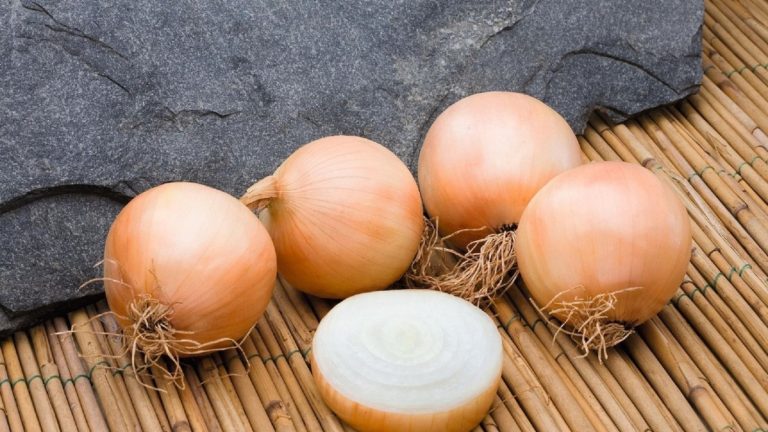There is a lot of talk about fully automatic machines. But what is the truth of the stories and for whom is such a device suitable?

Coffee machines deliver comparatively bad coffee
If you talk about fully automatic coffee machines, it quickly becomes clear that the coffee from such machines can only be mediocre. In particular, supposed “coffee professionals” are critical of the taste quality of individual coffee specialties such as espressos, latte macchiatos or cappuccinos. All in all, of course, it has to be said that a fully automatic machine is not the perfect device for a specific coffee drink – it scores much more with its variety, high functionality and user-defined settings. So if you are looking for the best espresso and are not interested in other coffee variations, you would definitely be better off with an espresso machine. Nevertheless, a fully automatic coffee machine delivers a high coffee quality, which should not be underestimated and is sometimes on a gastronomic level.
How good the coffee from a fully automatic coffee machine tastes varies depending on the device. As with other things, there are bad as well as good automatic machines. If you invest a little more, you often get better machines and can therefore look forward to a great coffee taste. Modern devices also allow user-defined settings so that individual creations can be created.
Fully automatic coffee machines usually deliver better coffee than conventional coffee machines. Freshly ground coffee beans, pre-programmed processes and innovative technology ensure consistent results and meet even the highest demands. The myth that only bad coffee comes from fully automatic machines is therefore not true – no other machine can deliver such a variety of coffee drinks in a comparably high quality!
Coffee machines are often defective
“Fully automatic machines are full of technology and therefore often have a defect”. This thesis may sound logical, but unfortunately it cannot be true. In addition to smaller exceptions, fully automatic coffee machines convince with a long service life and hardly any incidents that can be mentioned. However, if you want to enjoy your device for a long time, you should take good care of it. Most defects are not due to technical defects or faulty products, but are the fault of user misconduct.
With proper care of a fully automatic coffee machine, defects are easy to avoid. Regular cleaning and descaling is important here. Hard limescale in particular can cause major damage. Here you should pay attention to the use of the right descaler. Agents that are too aggressive can also cause damage. Experience has shown that, with reasonable care, fully automatic coffee machines can last for several years without showing any major defects.
Fully automatic machines use far too much coffee
It is true that fully automatic coffee machines require a large amount of coffee, but of course the dosage also matters here. Many devices allow an individual setting. For example, those who prefer a mild aroma do not need as much coffee as someone who tends towards a strong aroma. The amount of coffee in a cup of coffee starts at around 6 grams and can go up to 13 grams or more. If you would like to use your coffee beans sparingly or prefer your own settings, you should look around for a fully automatic machine with the appropriate additional functions.
The coffee consumption is not the same for every fully automatic machine. Some machines consume more than others by default. Also, the difference to conventional coffee machines or filter coffee is not really big. The statement that the consumption here is far too high is therefore not entirely correct.










